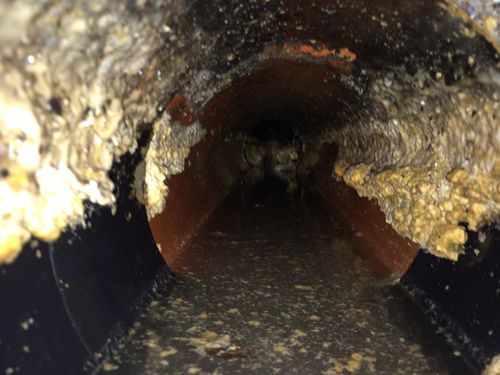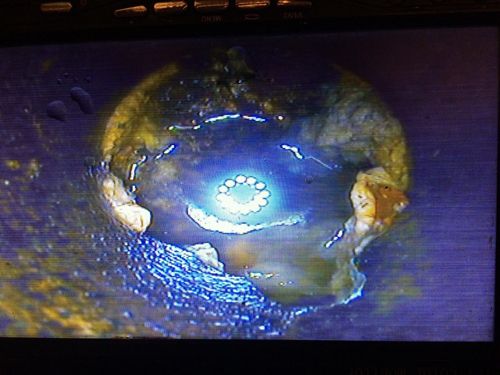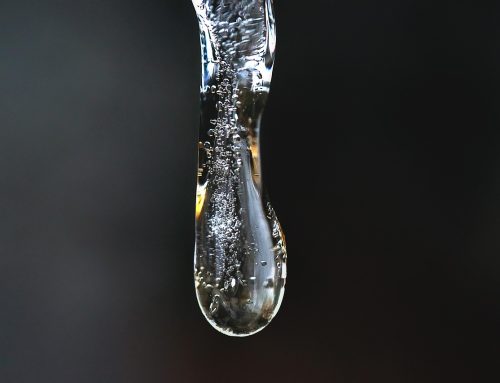
In this article, I would like to draw your attention to the possibility of avoiding blockages. Most often, it is not a matter of a poorly constructed system, but rather our own carelessness that can cause blockages. The most common causes of this are fats and food residues getting into the pipe system. It is important to be aware that certain things contribute to blockage in the formation of what we would think serves to prevent clogging. Here I would like to mention the granule-like anti-clogging drugs too.
For example, powdered dishwashing detergent and scouring powder. Of course, this would not cause such a problem, but at that moment, they tend to pour an even more concentrated, dense liquid substance into the drain, which compresses the dirt in the drain, which causes the blockage that occurs later. For example, coffee grounds. The example just mentioned is of course also valid for toilet, bathtub cleaners and dishwashing detergents. Unfortunately, the problem arises from the fact that many people do not read the instructions for use, where the manufacturer usually clearly states the recommended usage and the recommended dilution and mixing ratio. This is also true for cosmetics, such as shampoos and shower gels, as they behave similarly to the aforementioned dishwashing detergent.

Unfortunately, these cleaning agents, when combined with hair and lint, can cause quite a lot of clogging, which can lead to costly unclogging costs for careless users. So, to sum up, blockage The causes are grease, food residue, or physical contaminants that enter the drain, which can be prevented with a little attention.
I hope that I can help a little so that this little description will be useful later and that people will spend less on unclogging in the future. If you are interested in more practical tips or smaller tricks that can be used at home, check out my website, where I try to constantly expand my pages with home-based tips.









